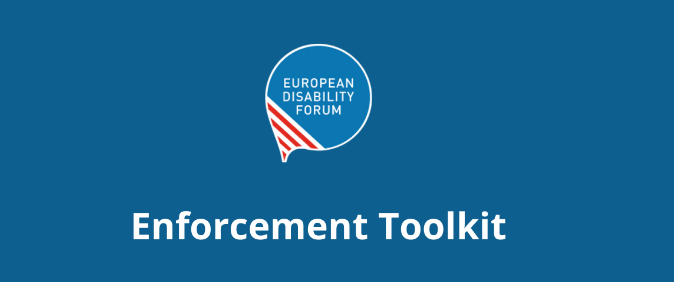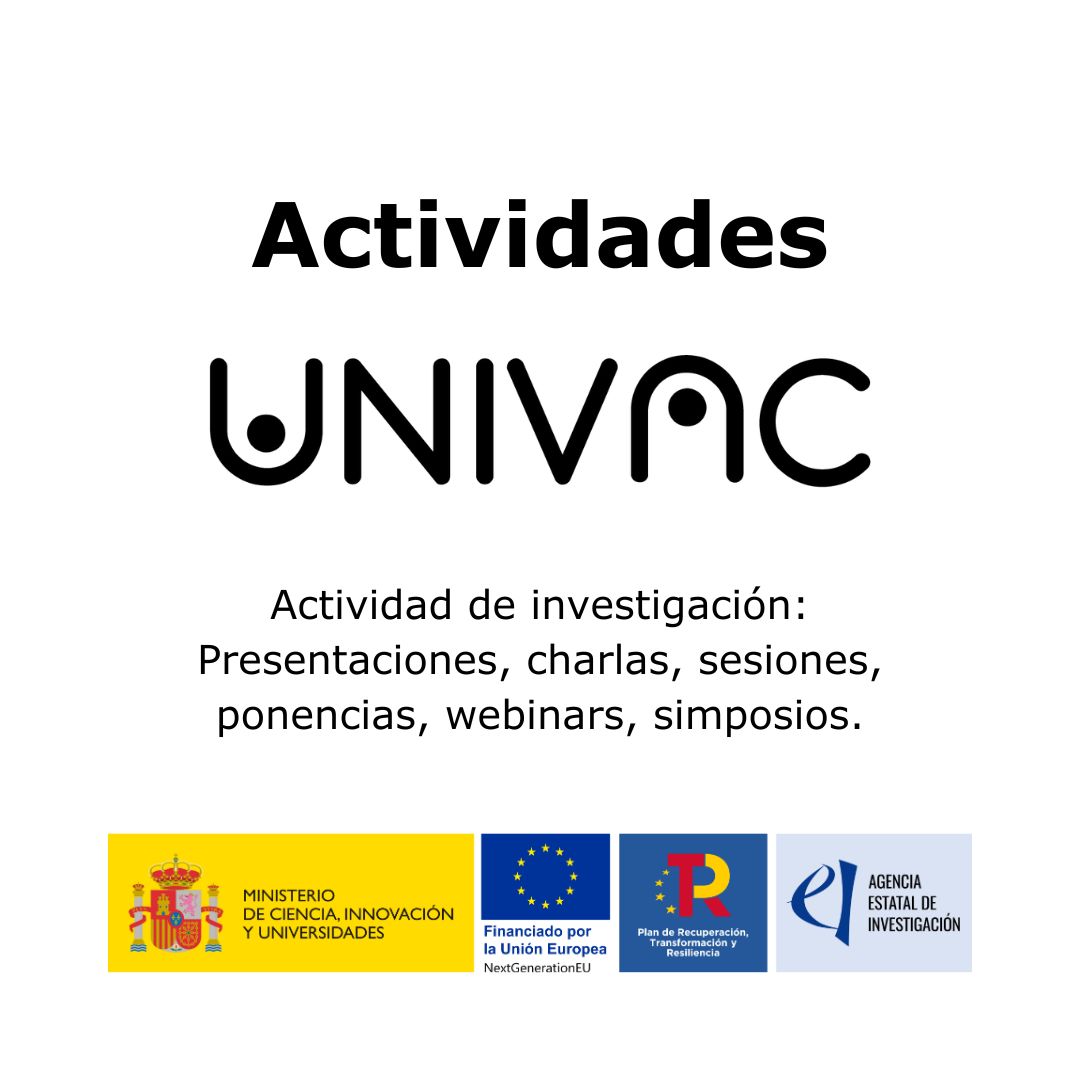This year, the course introduces a module on cognitive accessibility. Registration is open.
The 2º edition of AccessibleEU’s online course introduces a new module on cognitive accessibility. Students will learn about how to apply accessibility requirements to make designs accessible to people with intellectual disabilities and people experiencing cognitive issues due to other causes.
This online course will teach the basics of universal accessibility in digital environments. Students will be able to:
- Define accessibility and inclusive design as goals to achieve.
- Understand the principles of Universal Design.
- Distinguish the differences between legal and technical regulations.
- Know the legislation and standards in force in Europe.
- Understand that accessibility benefits every person and that it is a necessary objective.
- Learn that the limitations are in the design and not in the person.
- Learn about errors in design that cause exclusion.
- Understand why multiple designs should be avoided for the sake of accessibility.
- Learn about the principles of Cognitive Accessibility and why it is important.
Registration is already open on AccessibleEU’s online campus, and students will be able to access the course once it officially begins on 9 September. After that, they will be able to complete it at their own pace. The course has an estimated dedication time of 25 hours and it is imparted in English.
New module on cognitive accessibility
This new unit explains how to design for persons with intellectual disabilities. Students will learn about the different characteristics of this disability which will be used as basis to describe key design concepts and guidelines.
This module will also show how designing for intellectual disability can benefit people with other disorders such as cognitive decline or acquired brain injury. In fact, everyone can benefit from this type of design as it promotes easy understanding and communication.
Additionally, a description of the Web Content Accessibility Guidelines (WCAG) compliance criteria that positively impact persons with intellectual disabilities is provided.
Source: AccessibleEU
 AccessibleEU’s guide Getting to know the European legislation on accessibility is already available for viewing and downloading in all EU languages.
The guide offers a compendium of the most relevant European legal acts with provisions regarding accessibility, and the rights of persons with disabilities. The goal is to inform readers of what is covered by the legislation and who are the actors responsible for implementing it.
It can be downloaded free of charge from AccessibleEU website
AccessibleEU’s guide Getting to know the European legislation on accessibility is already available for viewing and downloading in all EU languages.
The guide offers a compendium of the most relevant European legal acts with provisions regarding accessibility, and the rights of persons with disabilities. The goal is to inform readers of what is covered by the legislation and who are the actors responsible for implementing it.
It can be downloaded free of charge from AccessibleEU website 


